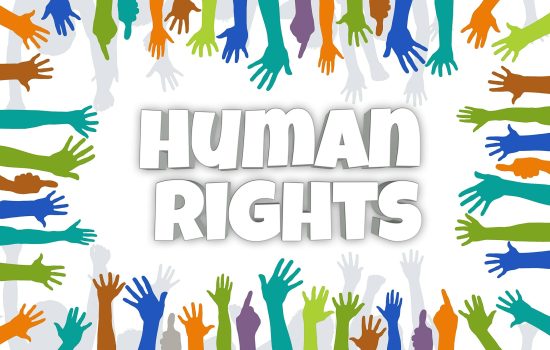A coalition of human rights groups has voiced opposition to the governments plan to introduce chemical castration for sex offenders.
Institute for Criminal Justice Reform (ICJR) researcher Anggara demanded that the government and the House of Representatives drop the plan, the implementation of which, she said, would constitute a clear violation of human rights.
“Instead, the government should prioritize childrens rights in a comprehensive manner. In cases involving child victims, the state mustguarantee that the victim receives protection and access to rehabilitation,” Anggara said on Friday.
A number of government officials have recently indicated that President Joko “Jokowi” Widodo is considering issuing a government regulation in lieu of law (Perppu) to introduction chemical castration for men who rape children, as the required revision of the Criminal Code (KUHP) would take years to pass.
Chemical castration involves the administration of anti-androgenic drugs to reduce libido, compulsive sexual fantasies and the capacity of sexual arousal. It is given in the form of an injection once every threemonths and, unlike surgical castration, is reversible when treatment is discontinued; there are, however, lasting side effects.
Chemical castration laws are in place in several US states and countries including South Korea, Moldova, Russia and Estonia.
Anggara maintained that the proposed punishment was not based on any study or data and would fail to deter potential offenders.
Rather, he said, the biggest challenge remained the difficulty of proving child sexual abuse under the current Criminal Law Procedures Code (KUHAP).
“Right now, the most pressing problem is to prove that a case ofchild sexual abuse occurred since the victim is a child and may be unwilling, or unable, to communicate in court what happened to him or her. This makes it difficult to prove since the current KUHAP does not allow the victim to be represented by someone else, whether a guardian or a psychologist,” he said, adding that, “The government has never thought about this. It is very difficult for children to testify, especially those under the age of 10.”
Meanwhile, Ninik Rahayu of the Institute of Women and Childrens Welfare said that sexual abuse of children did not always stem from pedophilic disorders,making chemical castration an imperfect punishment and deterrent.
She proposed that perpetrators be placed on rehabilitation programs while behind bars.
“The state has never considered a rehabilitation system for either victims or perpetrators. That is something that needs to change. For example, [perpetrators] should be given basic sex education,” suggested Ninik, a former member of the National Commission on Violence Against Women (Komnas Perempuan).
However, Indonesian Child Protection Commission (KPAI) chairman Asrorun Niam Sholeh insisted that chemical castrationwas a viable solution to curb the countrys rampant sexual abuse of children.
“Indonesia is a state that follows the rule of law and respects human rights. However, we must remember that human rights in Indonesia are based on the 1945 Constitution, which stipulates that rfghts are only constitutional if they do not violate the rights of others,” Asrorun told The Jakarta Post.
In 2014, the KPAI received up to 5,066 cases of violence against children nationwide, and received 2,000 reports from January to July this year. According to the commission, 50 percent of the cases reported involved sexual violence
Sumber: The Jakarta Post



